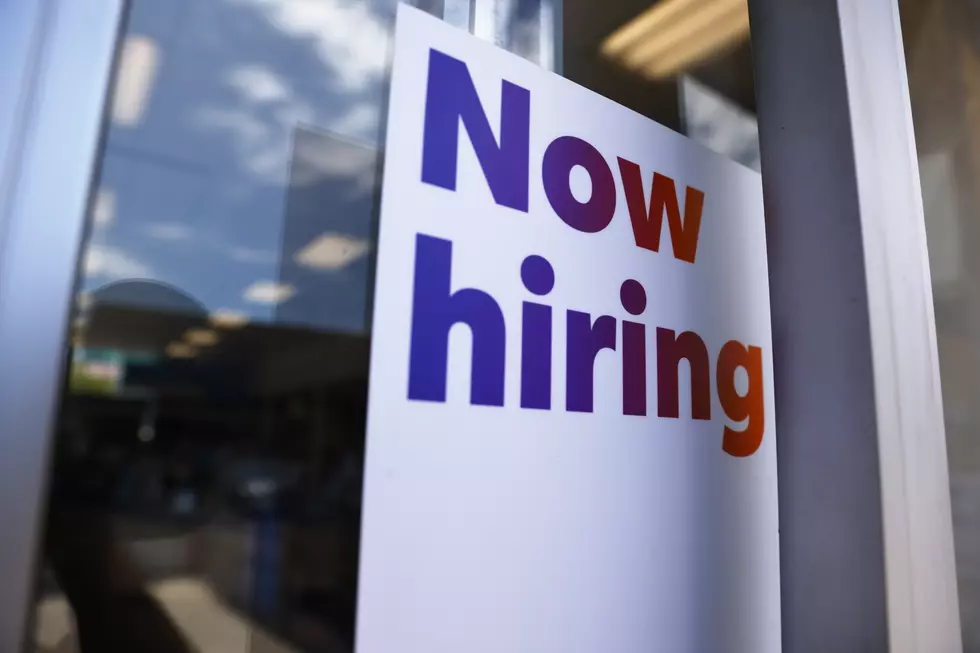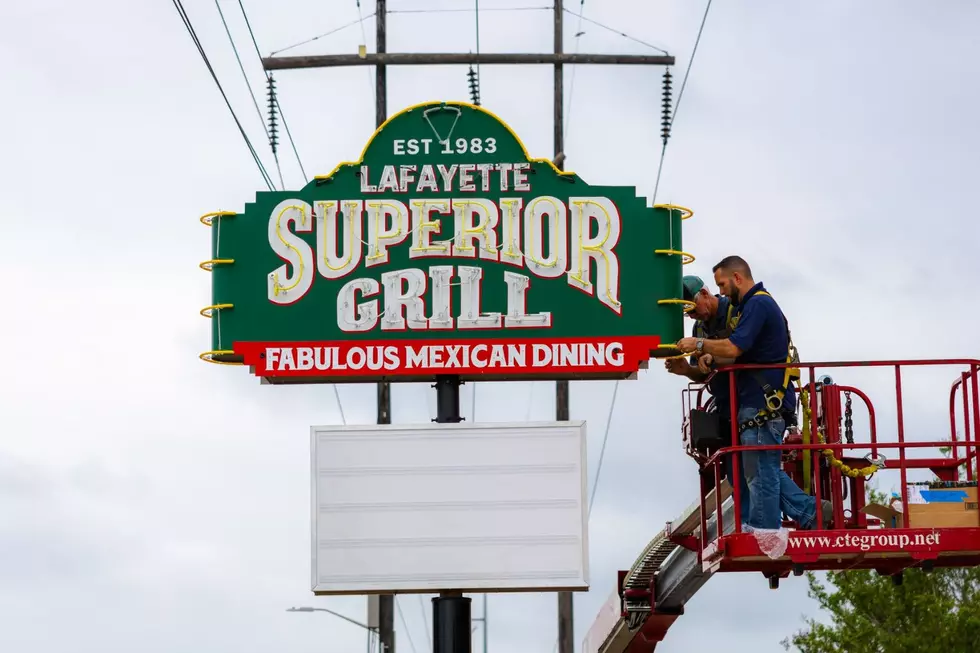
LDH Confirms 2 Cases of Highly Contagious Childhood Disease in New Orleans
NEW ORLEANS, La. (KPEL News) - Louisiana health officials have confirmed two cases of a rare childhood virus in the New Orleans area.
The Louisiana Department of Health made the announcement Wednesday afternoon, warning citizens about the symptoms and what to do if they've been exposed.

Normally, most people don't get the measles virus, thanks to widespread immunization efforts in America. However, LDH said that the two cases were exposed to the virus during an out-of-state trip.
"A public health investigation has been initiated and LDH will provide additional updates as we are able to collect more information," the agency's press release stated.
LDH did not provide any additional details other than the number of cases. Their investigation is ongoing.
While most Americans are vaccinated, there is still an outside chance that a vaccinated person can get the disease. According to LDH, "Very few people — about three out of 100 — who get two doses of measles vaccine will still get measles if exposed to the virus." Experts, they say, aren’t sure why that is.
However, vaccination is the most effective way to eradicate the disease, which has become a rare occurrence in America. The vaccine is issued to children in the form of the MMR vaccine - which stands for "Measles, Mumps, and Rubella."
Symptoms to Watch For
Measles is a highly contagious viral infection characterized by a range of symptoms, typically appearing 10-14 days after exposure.
Common symptoms include high fever, cough, runny nose, and red, watery eyes. The distinctive sign of measles is the development of a red, blotchy rash that usually starts on the face and then spreads to the rest of the body. The rash is often preceded by small white spots on the inside of the cheeks (known as Koplik's spots).
Individuals with measles may also experience symptoms like fatigue and sensitivity to light. Severe complications, such as pneumonia, encephalitis, and even death (though rare), can occur, particularly in vulnerable populations. Vaccination with the measles, mumps, and rubella (MMR) vaccine is the most effective way to prevent measles and its complications. If symptoms suggestive of measles appear, seeking medical attention promptly is crucial.
What Should You Do If You've Been Exposed?
If you suspect you've been exposed to measles, taking prompt and appropriate action is crucial to prevent further transmission.

Here's what you should do:
Contact Healthcare Provider: Reach out to your healthcare provider immediately, especially if you are experiencing symptoms such as a high fever, cough, runny nose, or a characteristic rash.
Inform Healthcare Provider: Provide information about your potential exposure to measles, including details about when and where the exposure occurred.
Isolate Yourself: Stay away from public places and avoid contact with individuals who may be susceptible to severe complications from measles, such as infants, pregnant women, and individuals with weakened immune systems.
Follow Medical Advice: Follow the guidance of your healthcare provider, which may include monitoring symptoms, isolating yourself at home, and taking any prescribed medications or treatments.
Vaccination Status Check: If you are unsure about your measles vaccination status, discuss it with your healthcare provider. Measles vaccination, usually administered as the MMR (measles, mumps, rubella) vaccine, is effective in preventing infection or reducing the severity of symptoms if administered shortly after exposure.
Notify Close Contacts: Inform individuals with whom you have had close contact about your potential exposure so that they can monitor for symptoms and seek medical advice if necessary.
By acting promptly, you contribute to limiting the spread of measles and protecting vulnerable populations. Measles is highly contagious, and early intervention is crucial for both personal health and community well-being.
The Healthiest and Least Healthy Parishes in Louisiana
Gallery Credit: Joe Cunningham
More From News Talk 96.5 KPEL









